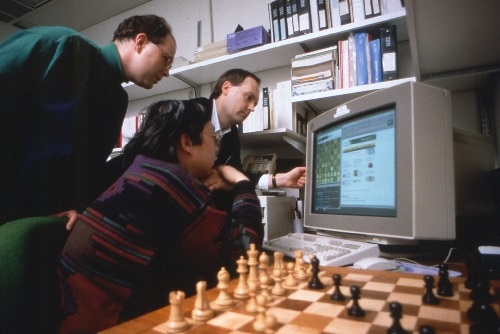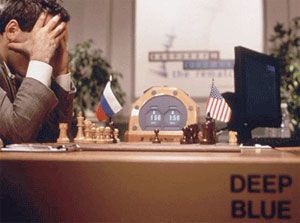

Fancy programs like neural networks and natural language processing were just fantasies on Powerpoint Presentations. Limited to the hardware at that time, artificial intelligence can do little to solve real problems. The 1990s was a terrible time for artificial intelligence. But its influence lingers throughout the development history of AI. Is Ai the End of Chess?Īfter the game, Deep Blue retired with all the glories it deserved.Ģ3 years later, Deep Blue’s power is far inferior to modern computers and the algorithm itself has become less impressive – even a talented undergraduate student can write one by him/herself for the capstone project. After a year-long overhaul and upgrade, the new program successfully beat Kasparov in a rematch in May 1997, thus becoming the first computer system that beat a human world champion in a standard chess match. This gave relief to many people who feared the eventual computer uprising but did not prevent the teams at IBM from optimizing their algorithms and hardware.


Humans beat machines again, marking the end of the first human v. After six tiring games, Kasparov beat Deep Blue with a 4:2, taking home $400,000 prize money from IBM. On February 17th 1996, world chess champion Garry Kasparov played against Deep Blue in a chess contest.


 0 kommentar(er)
0 kommentar(er)
